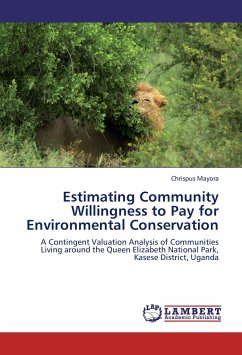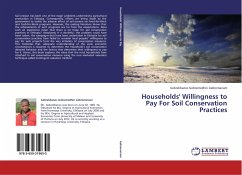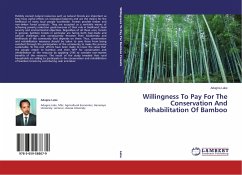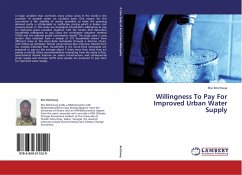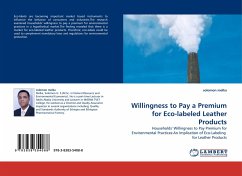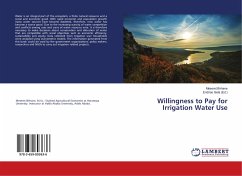This work provides an understanding of how the contingent valuation approach could be utilized to estimate the willingness to pay for environmental protection and conservation initiatives by the local communities that directly and indirectly benefit from the environment. The Thesis provides an entry point into the realm of qualitative and quantitative estimation of the value of non-market benefits provided to society by nature. It tries to locate the approach of environmental valuation from economic theory, and offers a reasonable range of examples of studies that have successfully applied contingent valuation across a range of public policy themes. This thesis is particularly important to the extent that it focuses on an issue that has increasingly gained prominence on the environmental policy agenda, namely; how best communities could be brought on board as part of galvanizing efforts for better environmental management.This material will be found useful particularly for environmental policy makers, Third year undergraduate students of Economics, as well as First year Master of Economics students whose interest lie in environmental and natural resource Economics.
Bitte wählen Sie Ihr Anliegen aus.
Rechnungen
Retourenschein anfordern
Bestellstatus
Storno

